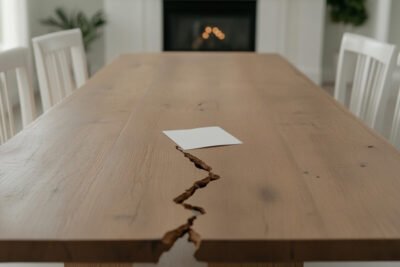The betrayal no one wants to talk about—but every Survivor remembers. There’s a kind of betrayal that lives in the silence.In the sideways glan
The betrayal no one wants to talk about—but every Survivor remembers.
 There’s a kind of betrayal that lives in the silence.
There’s a kind of betrayal that lives in the silence.
In the sideways glances.
In the excuses.
In the celebrations and dinners and holidays where the person who harmed you still gets an invitation—and you’re expected to play nice.
This isn’t just family drama.
It’s a pattern—and it’s dangerous.
Because when people protect abusers, what they’re really saying is:
“Your pain is inconvenient.”
“Your safety costs too much.”
“Your truth is less important than our comfort.”
🧠 What This Looks Like in Real Life
Being told “not to bring it up again”
Watching your abuser get praised, platformed, or welcomed
Hearing things like:
“We weren’t there, so we don’t know.”
“That was a long time ago.”
“You need to forgive and move on.”
“Let’s not cause a scene.”
These are not neutral responses.
They are active choices that send a loud, clear message:
You are expected to carry the weight of someone else’s violence in silence.
🎯 This Is Why So Many Survivors Stay Silent
Because we’re not just afraid of our abuser.
We’re afraid of being abandoned by the people we hoped would protect us.
And too often, that fear becomes real.
Survivors learn—early and painfully—that many people are more loyal to peacekeeping than they are to justice.
To reputation more than accountability.
To the appearance of unity rather than the hard, honest work of healing.
🛑 Let’s Be Clear
Abuse doesn’t stop being abuse because time has passed.
Silence isn’t neutral. It’s protective—but only for the abuser.
Forgiveness is not a replacement for accountability.
Telling Survivors to “let it go” doesn’t create peace. It creates shame.
🗣️ What Survivors Deserve to Hear Instead:
“I believe you.”
“I’m sorry they hurt you.”
“You are not obligated to pretend everything is okay.”
“We will not ask you to be near someone who caused you harm.”
These are the kinds of words that rebuild trust.
These are the kinds of truths that break cycles.
🕯️ If You’re Going Through This…
Please hear this:
You are not wrong.
You are not overreacting.
You are not unforgiving.
You are remembering what others refuse to face.
You are trying to protect yourself in a culture that still protects abusers.
You are telling the truth out loud.
And that makes you brave.
🧭 For Families, Faith Groups, and Communities:
If your response to abuse is to stay “neutral,” you are not helping.
If you invite Survivors and abusers to the same table and expect silence, you are not making peace—you are enforcing harm.
And if you praise forgiveness while ignoring accountability, you are not on the side of healing.
WeSurviveAbuse stands with Survivors who were harmed twice—
Once by the abuser.
And again by the people who looked away.
We believe you.
We see what they won’t say.
And we will keep naming the truth—because truth is sacred. And Survivors are sacred too.